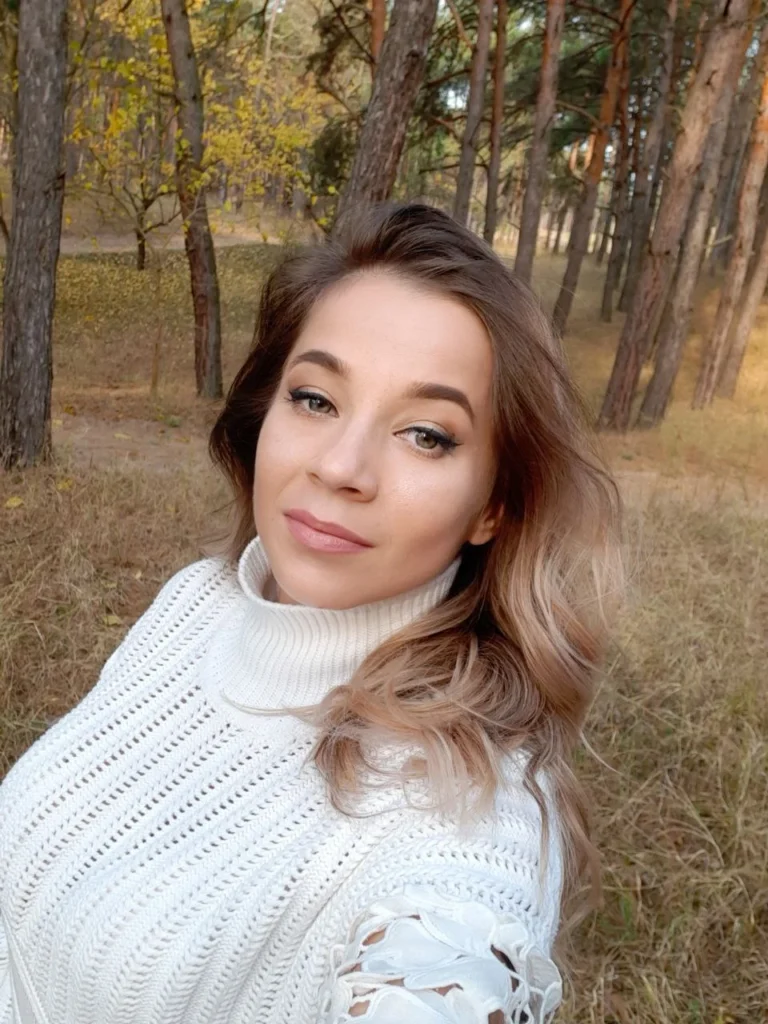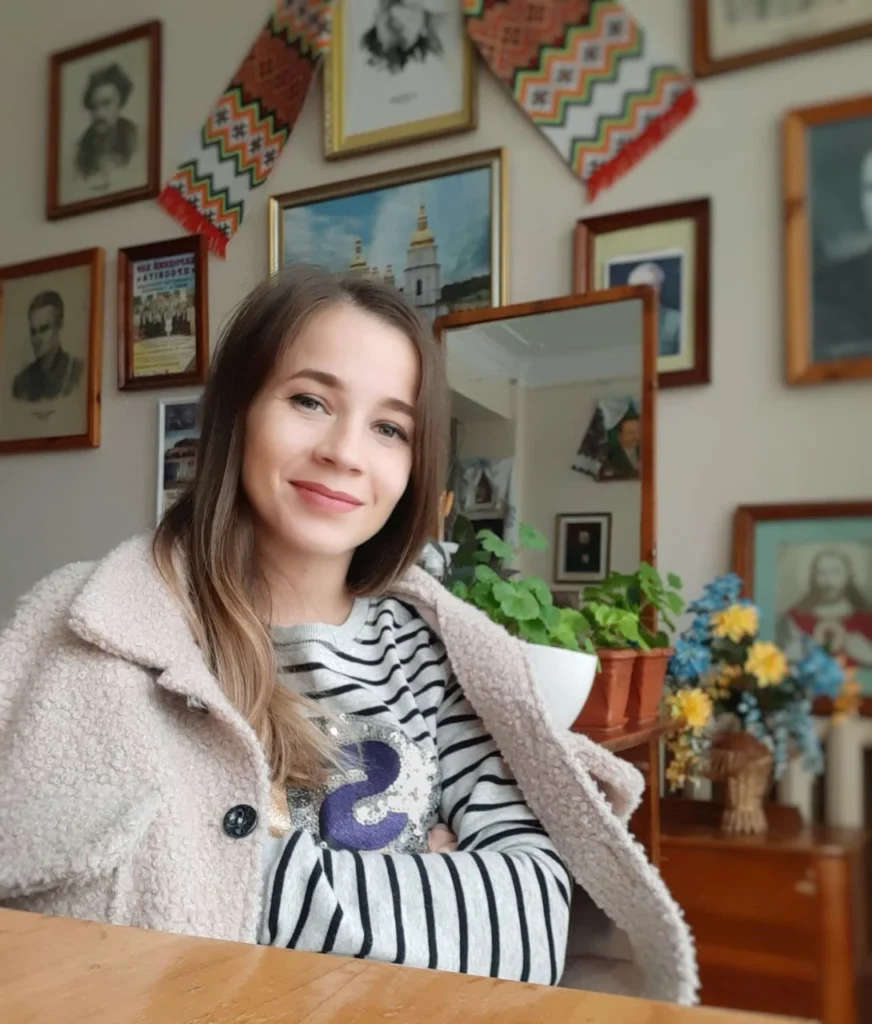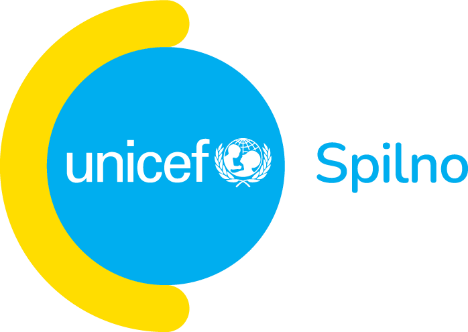Forced to leave her home and pushed into the unknown, she realized that some people were even worse off and so, began to help others. Antonina Mykolaichuk, a psychologist from Mykolaiv, has been living in Chervonohrad, Lviv region, since the full-scale war broke out, and provides psychological support to internally displaced persons (IDPs).

She was born in Chervonohrad, but at the age of 11, she moved with her sister and mother to Mykolaiv. She has been living there for 22 years, so the city has truly become her home.
But the fateful morning of February 24 turned her whole life upside down.
“I feel that the war broke out three days before February 24. I somehow was not following the news very much, when my mother called and told me it was being said that a war was about to break out. Of course, I felt anxiety, but I told myself that it was impossible because it was clear to everybody that war is economically unprofitable ...” – Antonina shares her thoughts.
She considers that as a psychologist, she understands what anxiety is, how hard it can be and, first of all, she wanted to protect children against it. So the decision to leave Mykolaiv was made immediately.
“At that time, I could not find any words of support for my relatives, because it was a heavy blow to me as well. We had nothing packed; with trembling hands, I was stuffing our documents and some other things into my bag... I remember when we were leaving, I was looking at the windows of our house, saying goodbye in my mind and crying,” - Antonina recalls.
She left by car with her husband, two children aged 12 and 9, and Antonina’s younger sister. She assured the children that they were going “nowhere”, but to their hometown, so they would settle down there and everything would be fine.
The journey was difficult. If in order to reach Chervonohrad in peacetime would take approximately 12 hours, the family actually took more than 20. Panic broke out in Mykolaiv, there were terrible queues at gas stations.
“Somewhere near Uman, the road was blocked because something had already exploded there. We had to drive through a field, and then the GPS navigator brought us to another blocked road. We felt like we were in an apocalypse: there was no one behind us or in front of us, just dull emptiness in broad daylight,” – Antonina tells.
“When we reached the first checkpoint, we calmed down a bit. But the journey itself became more and more difficult, because the closer we got to Lviv region, the more cars there were. We got stuck in a traffic jam for about 2 hours.”

“My father lives in Chervonohrad. He had an apartment, which he was preparing for renovation meaning that the apartment, was in fact, unsuitable for living. However, we decided that we would settle there. It was difficult, but we managed,” - the woman says.
Already in the summer, when she had adapted a bit, she felt that she wanted to be useful to others.
“At first, I went to the humanitarian headquarters in Chervonohrad and offered my services as a psychologist. However, I did not receive an affirmative answer for some reason. Later, I saw an announcement on the page of the head of the Lviv Administration that psychologists were being recruited for the Counselling and Crisis Centre. I completed a questionnaire and just sent it. After a while, I was invited to be a volunteer. And even later, I joined the Maltese Aid Service, I advise IDPs and also conduct trainings in schools,” - the psychologist notes.
Antonina admits that despite her experience, it is now very difficult to let the human stories, which she has to listen to, through her mind. She was most impressed by the story of a woman from the Zaporizhzhia region who barely escaped the occupation.
Even though it is very difficult, they are gradually moving forward step by step.
Antonina hopes that she will be able to help her patient get out of this despair.
"There were people from both Mariupol and Severodonetsk. Someone was very angry because they had lost a lot and had gone through a lot. Some people have resigned, i.e. have come to terms with the existing situation. But all of them have signs of anxiety disorders. People react to air raid sirens, 90 per cent of those who apply hardly sleep or are barely awake. It is very difficult for them to be in the current circumstances,” the psychologist tells.
Antonina considers that it is important for IDP families to support each other in difficult times. Parents should shift the focus from their children’s success to love and hugs. To ask not about grades, but about how the day went and whom the child met or made friends with.
If you have a strong feeling of anxiety, you can calm yourself down by breathing.
“When a person is worried, he begins to breathe more often and shallow. You should try to breathe more deeply, not with your chest, but with your stomach. Make the exhalation longer than the inhalation. This is how the body begins to calm down,” - the psychologist says.
She also advises people to walk more, do sports, and notice the world around them. "Do not immerse yourself in anxious thoughts about the future or negative thoughts about the past!"
Antonina and her family plan to go back to Mykolaiv.
“I focus on the children’s safety. As soon as I feel that there is a peaceful environment in Mykolaiv, we will go home. After all, people who stayed in the city for a long time, outlasted the shelling, and survived, need my help as well,” - she believes.

